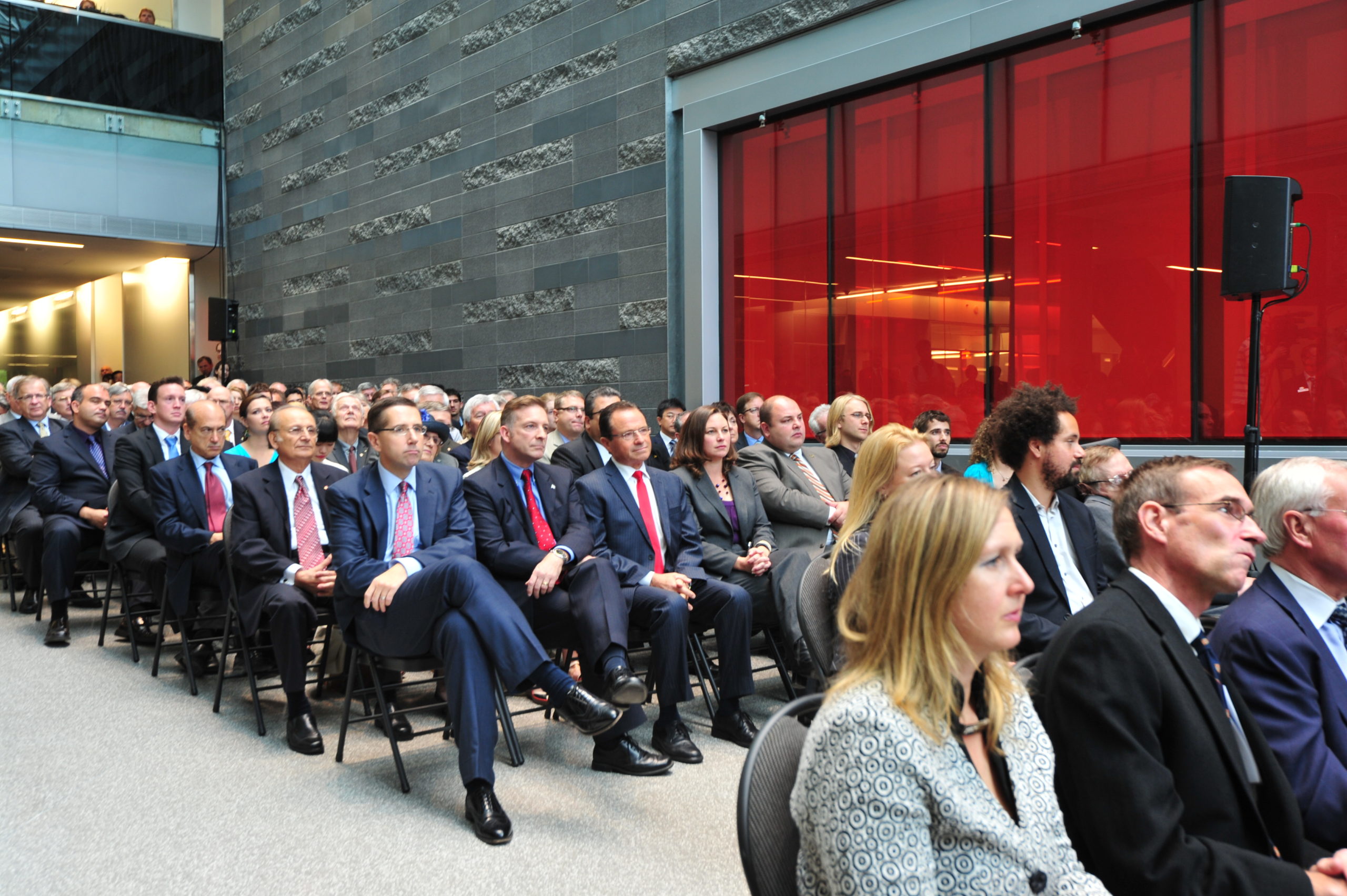The decades after the UK became a member of the European Union (EU) in 1973 were spent stitching together a complex economic, political and cultural community between the disparate groups. The decades following the 2016 Brexit referendum will be spent tearing it apart.
Most political science students can point to a decisive moment that pulled them away from their parents’ appeals to study a ‘real degree’, and into the dreaded realm of the social sciences. Brexit was mine. The ultimate cautionary tale of how easily extremism can rewrite the rules of acceptability when granted a national platform, and an excuse to be politically legitimate.
If this is your first initiation to EU politics, you’re not alone. Until Jun. 23, 2016, the majority of the British public was similarly apathetic. Turnout for European Parliamentary elections peaked at 38.5 per cent in 2004, and any gossip on the political agenda across the channel was limited to to the annual Eurovision Song Contest.
A stubborn, grey island in the Atlantic, the United Kingdom was afforded several privileges alongside its EU membership. And this privilege bred disinterest, ignorance, and misguided dissatisfaction.
By summer 2016, people were tired of the years of political uncertainty, economic insecurity, and social upheaval which had snowballed after unedning austerity policy. Hospital waiting times were at an all-time high, homelessness had doubled in a decade, employment was high. However wages were low and social security cuts ensured state benefits couldn’t pick up the pieces. The vultures on the far right swept in to pick on the underlying fears of the average voter like carrion.
Immigration dominated the news in 2016. Leave campaigns promised voters the chance to ‘Take Back Control’, and it was clear who from. Refugees crossing the Mediterranean became a migrant army, and their crisis shelters in France became the ‘Calais Jungle’. Fears that EU laws were at odds with ‘British values’ only reached fever pitch when Turkey filed its application for membership, and Brexit was painted as a counter-terrorism security measure.
Anti-immigration sentiment was not, of course, the driving incentive for all 52 per cent of the electorate who voted Leave. But it was fundamental to an atmosphere of national crisis to which Brexit was the one solution. And when the Cambridge Analytica scandal saw the Leave campaign had paid £3.5million into a small Canadian company which specialised in targeted Facebook advertising with ‘weapons-grade’ precision, AggregateIQ, it became clear that political transparency was no longer the norm of Western politics.
The fallout from Brexit in the next few years will prove the extent to which this new normal will thrive in the upcoming decade on both sides of the Atlantic. The realignment of North American politics proves that, in the face of populism, distance doesn’t care.
As the deadline for the UK’s final exit on Jan. 31, 2020 creeps closer, the nagging sense that ‘this could happen to you’ should ring louder than ever.





























